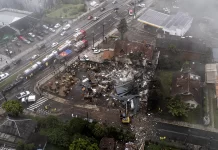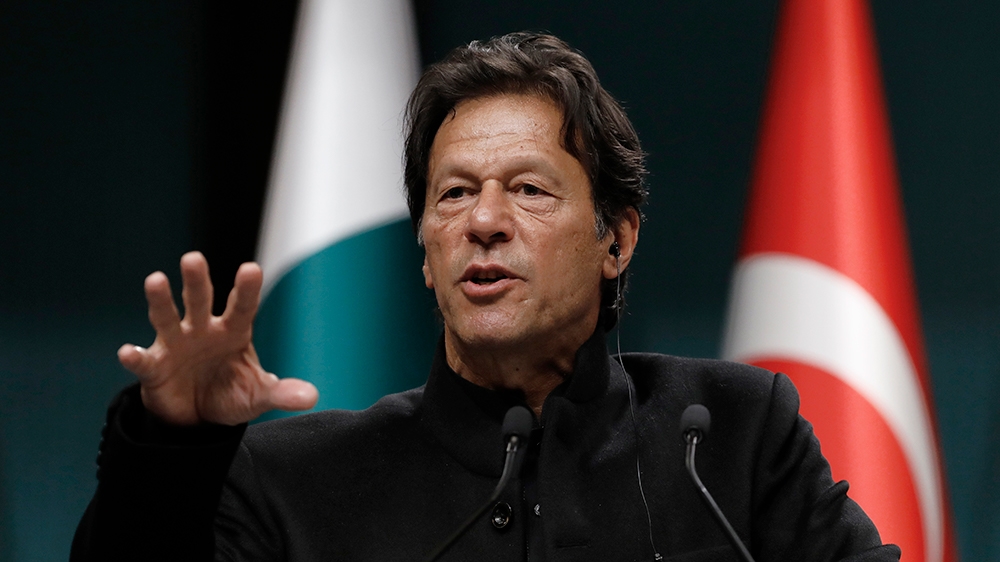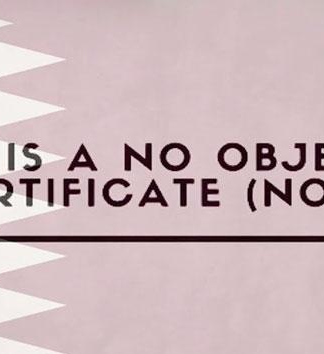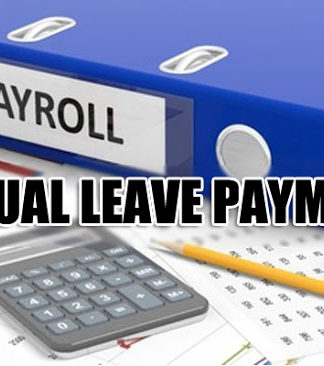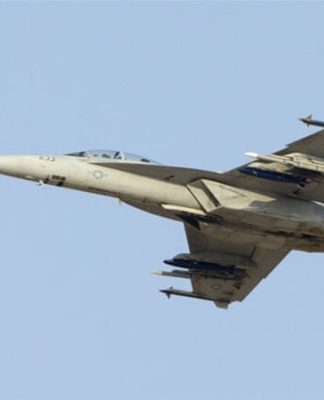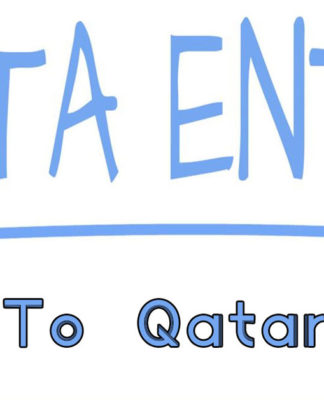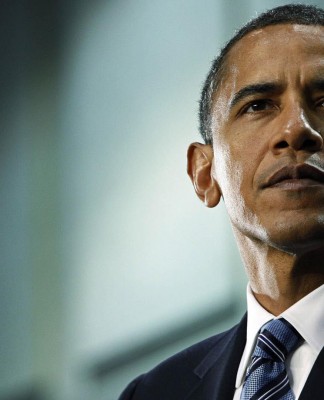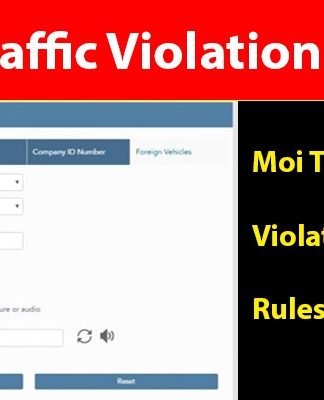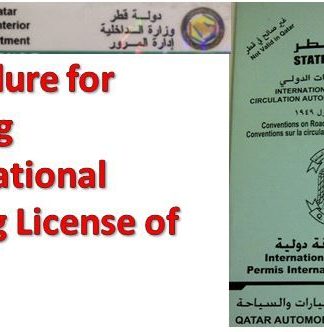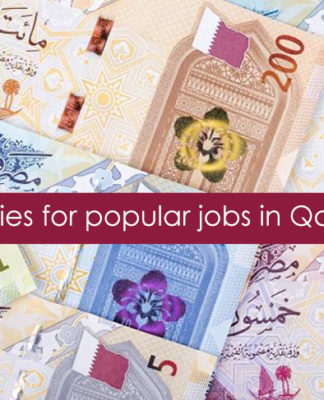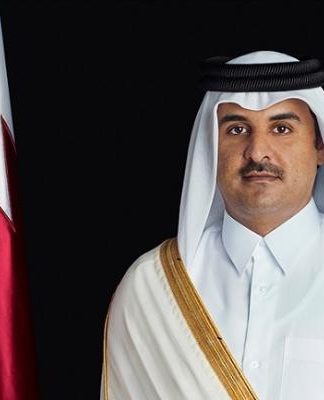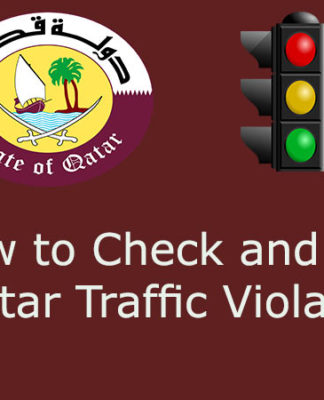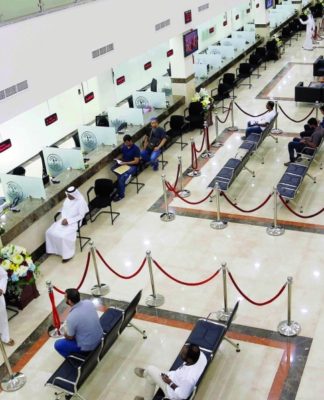New Delhi calls Imran Khan’s offer to investigate last week’s attack if India provides proof a ‘lame excuse’.
India has demanded that Pakistan take “credible and visible action” over a major suicide attack in Kashmir as it rebuffed Pakistan Prime Minister Imran Khan’s offer of help in investigating the bombing.
“We demand Pakistan to stop misleading the international community and take credible and visible action against the perpetrators of Pulwama terrorist attack and other terrorists and terror groups operating from areas under their control,” a statement by the Indian foreign ministry said on Tuesday.
“It is a well-known fact that Jaish-e-Mohammed (JeM) and its leader Masood Azhar are based in Pakistan. These should be sufficient proof for Pakistan to take action.”
India accuses Pakistan of supporting JeM, one of a host of rebel groups fighting the Indian presence in Kashmir. Islamabad, which banned the JeM in 2002, denies the charge.
“The Prime Minister of Pakistan has offered to investigate the matter if India provides proof. This is a lame excuse,” the Indian government’s statement said.
‘Give us proof’
Earlier on Tuesday, Imran Khan said India had “levelled allegations against Pakistan without any evidence” after New Delhi accused its spy agency of involvement in last week’s deadly attack on security forces in the disputed region of Kashmir.
“You accused the Pakistani government without providing any evidence, or saying what Pakistan stands to gain from this,” Khan said in a recorded statement, adding that Islamabad was ready to cooperate with New Delhi on the Kashmir attack investigation.
More than 40 Indian soldiers were killed in the suicide attack in Pulwama district on Thursday, ratcheting up tensions with its rival Pakistan.
“I am offering: if you want any kind of investigations … we are ready,” Khan said.
“If you have any actionable intelligence, give it to us, I guarantee that we will take action. And we will take action not because of [external] pressure, but because these people would be enemies of Pakistan. If anyone is acting from Pakistani soil, they are harming us.”
 |
| Pakistan PM Imran Khan said India had ‘levelled allegations against Pakistan without any evidence’ [Burhan Ozbilici/AP] |
Expressing scepticism over claims of a Pakistani plot, Zahid Hussain, an Islamabad based analyst, said that India is refusing to accept the “homegrown” nature of the Kashmiri separatist movement, which is becoming increasingly “militant”.
Conceding that some networks may exist between Kashmiri groups and non-state actors in Pakistan, Hussain insisted that the movement is rooted in Kashmir.
He also praised Imran Khan for his “measured response” and welcomed his call for dialogue.
“He offered cooperation, he still wants dialogue. His last sentence is very clear: if India takes any action, it will be responded,” Hussain said.
India blames ISI
A top military commander in Indian-administered Kashmir on Tuesday accused Pakistan’s Inter-Services Intelligence (ISI) of “controlling” the attack claimed by the JeM.
“It was being controlled from across by ISI and Pakistan and JeM commanders,” Indian Lieutenant-General KJS Dhillon said at a news conference in Srinagar, the capital of India-administered Kashmir state.
India has said it has “incontrovertible evidence” of Pakistan’s involvement in the attack – the worst in more than two decades.
“Whether Pakistan’s spy agency directly handled the JeM group … definitely needs further investigation. The terror leaders are based in Pakistan and they have taken responsibility,” Happymon Jacob, a professor at New Delhi’s Jawaharlal Nehru University, told Al Jazeera.
“Today, India has made a very clear allegation against the Pakistan establishment. There is no avoiding an escalation of tensions now,” he said.
Indian Prime Minister Narendra Modi, facing an election due by May, has warned Pakistan to expect a “strong response” to the bombing, raising fears of conflict between the nuclear-armed neighbours.
Hassan Akbar, director at Islamabad-based Jinnah Institute think-tank, told Al Jazeera that India’s actions since the Pulwama attack indicate a “building up to punitive strikes”.
“But they have not given any proof. And I think that is significant. We are yet to see any proof,” he said.
Akbar said Prime Minister Khan’s statements will not “create any significant change”. “They seem to have taken this overture as a sign of weakness,” he said.
Pakistan appeals to UN
On Tuesday, Pakistan also appealed to the United Nations to intervene.
The JeM armed group, which wants the Muslim-majority region of Kashmir to be part of Pakistan, claimed the attack but the Pakistani government has denied any involvement.
“Attributing it to Pakistan even before investigations is absurd,” Foreign Minister Shah Mahmood Qureshi said.
Kashmir is at the heart of decades of hostility between India and Pakistan. Both nations claim it in full but rule it in parts.
Last year, Kashmir saw the deaths of more than 500 people, including 145 civilians – the bloodiest since 2009. A UN report released last year accused the Indian army of having used excessive force in Kashmir to kill and wound civilians since 2016. New Delhi rejected the report calling it “fallacious” and “motivated”.
India withdrew trade privileges offered to Pakistan after the bomb attack and has warned of further action.
The United States has told India it supports its right to defend itself against cross-border attacks, New Delhi said on Saturday.
Both the South Asian rivals have recalled their envoys from the two countries for consultations.
On Tuesday, Pakistan also lodged a strong protest with India, seeking protection for its consular staff in New Delhi a day after an anti-Pakistan protest was held in the city.
Taking strong objections to protesters allowed to reach the gates of Pakistan House in New Delhi, a Pakistani foreign office release demanded “a comprehensive, immediate investigation of this serious breach of security”.
Calls for revenge
Meanwhile, Thursday’s bomb attack has sparked outrage in India with calls for revengecirculating on social media, and rising animosity towards Kashmiri Muslims in other parts of the country, to the alarm of rights groups.
“We are at a dangerous moment, and authorities must do everything they can to uphold the rule of law,” said Aakar Patel, the head of Amnesty International India.
The anger has also spread to India’s two big obsessions: cricket and its Bollywood film industry.
Several cricket fans and a sport official have called on India to boycott a World Cup match against Pakistan in June, while the All India Cine Workers Association has called for a “total ban” on Pakistanis working in India’s film industry.
Additional reporting by Zeenat Saberin and Asad Hashim
SOURCE: aljazeera.com







